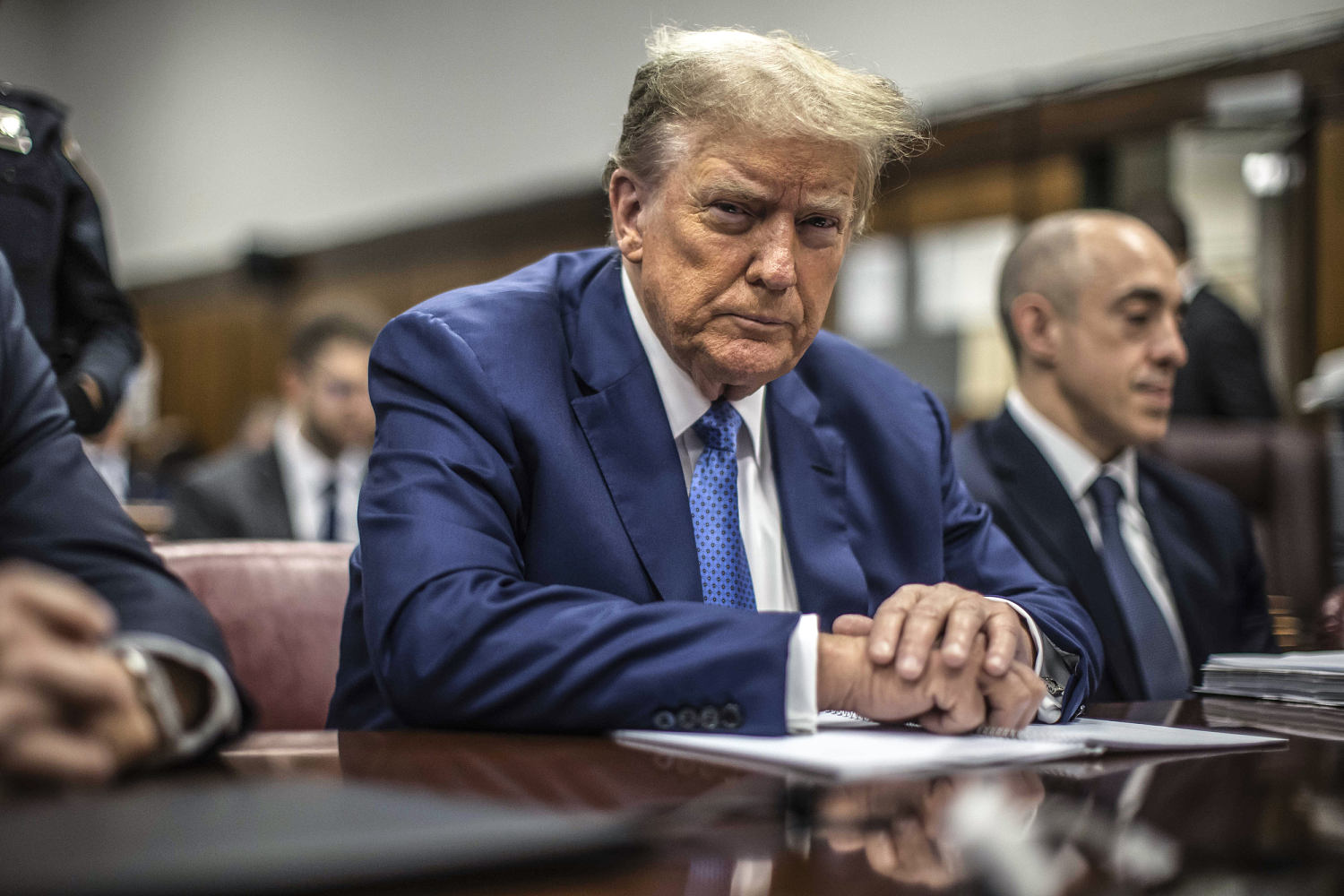Closing arguments set to begin in Donald Trump’s criminal trial


Closing arguments are set to begin Tuesday in the People of the State of New York v. Donald J. Trump, as the first criminal trial of a former president enters its final phase.
After the prosecution and the defense deliver their concluding arguments, the judge will give the instructions to the jury. Then, the 12 ordinary New Yorkers who sit on the jury will begin deliberations on whether or not the former president is guilty of the charges against him.
The defense will present its argument first, with Trump’s lead attorney Todd Blanche expected to tell the jury that prosecutors from Manhattan District Attorney Alvin Bragg’s office had not met their burden of proving Trump guilty beyond a reasonable doubt of falsifying business records related to a hush money payment to adult film star Stormy Daniels in the closing days of the 2016 presidential election.
The charge is a felony punishable by up to four years in prison, and Trump is charged with 34 counts.
In his opening statement, Blanche told the panel of 12 jurors and six alternates that “President Trump is innocent. President Trump did not commit any crimes.” Blanche also told the jury no crime had been committed, and the money that Trump paid to his then-lawyer Michael Cohen was for his legal work, as Trump’s company records show, and not for the Daniels payment, as prosecutors and Cohen have maintained.
“This was not a payback,” Blanche said in his April 22 opening.
Prosecutors are expected to argue that not only did they prove Trump was responsible for the falsified business records, but that he did so to cover up another crime — a necessary element of the felony charge.
In his opening statement, prosecutor Matthew Colangelo said the disguised payment to Cohen was part of a “planned, coordinated long-running conspiracy to influence the 2016 election, to help Donald Trump get elected through illegal expenditures, to silence people who had something bad to say about his behavior, using doctored corporate records and bank forms to conceal those payments along the way.”
“It was election fraud. Pure and simple,” he told the jury.
When summations are done, Judge Juan Merchan will instruct the jury on the relevant laws and the deliberations process, which is expected to take about an hour. The jury will then begin deliberating. Merchan said in court last week that deliberations might not start until Wednesday morning.
The trial — which featured testimony from Cohen, Daniels, ex-National Enquirer publisher David Pecker and former White House and Trump Organization staffers — began with jury selection on April 15. Witness testimony, which started on April 22, wrapped up last week. In all, the prosecution called 20 witnesses in the case, while the defense called two. Despite saying before the proceedings began that he would “absolutely” testify, Trump did not take the stand in his own defense.







